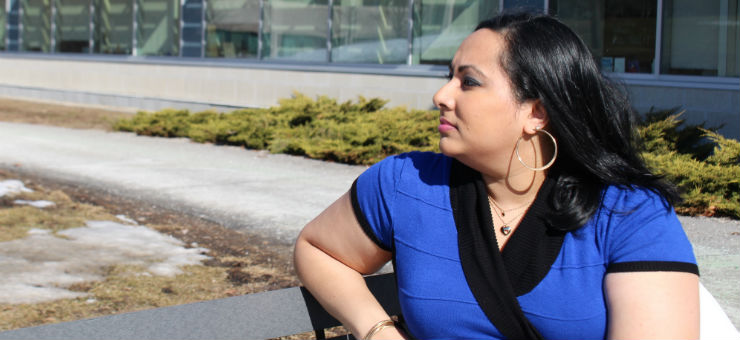
Rehanna Ramdath, who still lives with the effects of endometriosis years after it was initially diagnosed, said the disorder has affected every aspect of her life.
When she was a teenager, Rehanna Ramdath was told that painful periods were normal, and that many women her age experienced the same pain she was having. That was not the case. Her painful periods were caused by endometriosis, a condition that can lead to unbearable pain during menstruation, and can eventually lead to fertility problems, if not treated.
Endometriosis is an often-painful disorder in which tissue similar to the lining inside the uterus develops on the outside of the uterus. This tissue can spread throughout the ovaries and Fallopian tubes, as well as other organs such as the bladder, colon and kidneys. Dr. Sony Singh wants more people to know about this disorder.
“Women need to know that painful periods are not normal,” said Dr. Singh, Gynecologic Surgeon at The Ottawa Hospital. “Too often, women living with this disorder are told they need to live with this pain, but that is not the case. There are treatment options available, as long as endometriosis is identified quickly. Unfortunately, that is not always the case.”
March is Endometriosis Awareness Month, and Dr. Singh and his team are raising awareness for this misunderstood illness, in the hope that more women will better understand the symptoms and talk to their doctor.
Ramdath’s endometriosis was identified when she was 17, but never treated. After years of taking prescribed birth control, which never provided any relief, she was referred to Dr. Singh. After in-depth consultation, he was able to remove the endometriosis lesions and scar tissue that had spread throughout her reproductive organs and appendix. She credits Dr. Singh for being one of the first doctors to listen to her issues, and take the time to identify the problem and work with her to find a solution. Although this came as a relief, the worst was far from over.
After her endometriosis was removed, Ramdath felt she would never be able to get pregnant. Fortunately, Dr. Singh referred her and her husband to a fertility doctor. In 2013, Ramdath gave birth to her daughter.
“My pregnancy was one of the only times in my life where I felt at my best in terms of health,” said Ramdath. “But I went through a very complicated delivery, and shortly after my daughter was born, I developed post-partum depression and anxiety. I still battle both depression and anxiety every day because of my illness. It has never gone way.”
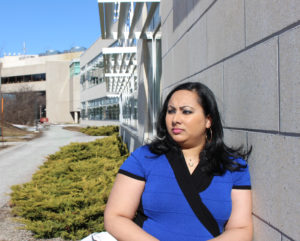
A year after having her daughter, Ramdath did not want to risk going through the same thing again, so she underwent a complete hysterectomy in hopes of alleviating her pain. Soon after, she began to get frequent kidney infections; the endometriosis had damaged her ureter and she underwent more surgery that removed part of her bladder.
To this day, Ramdath lives with the depression and anxiety that came over her after her daughter was born. It’s something she says is often overlooked when discussing endometriosis.
“We don’t always think about how something like endometriosis can have such an impact on your mental health,” said Ramdath. “I live with depression and anxiety every day, and it’s affected my life as much as the physical pain I was in before.”
“Endometriosis can impact the person’s physical and mental health,” said Dr. Singh. “The stress of living with this pain, and the possible fertility complications that come along with the disorder, create a great deal of stress. Over time, this can certainly take its toll.”
Today, Ramdath still takes several medications on a regular basis to deal with the repercussions of what her body went through.
The one thing that keeps her going is her daughter.
“She is my best friend; we do everything together,” said Ramdath. “Although I would like to think that I am more than my diagnosis, sometimes I don’t feel that I am. The only thing I have energy for in my life is my daughter. She is everything to me.”
According to the World Endometriosis Society, one in 10 women will be affected by endometriosis during her reproductive years. It’s an illness that many women know nothing about, because symptoms often go unnoticed.
“Listen to your body, and ask your doctor questions,” is what Ramdath advises other women to do, if they feel something is not right. “Painful periods are not normal, and if you think something is wrong, speak up. It may lead to your doctor discovering something before it’s too late and you lose parts of yourself – physically and mentally.”

Support patient care and research at
The Ottawa Hospital
You might also like…
Mental health professionals and paramedics team up to help people in crisis
Seven days a week, a mental health professional from The Ottawa Hospital hits the road with a paramedic from the Ottawa Paramedic Service. Together, they respond to 911 calls for mental health emergencies across the city. Social worker Cindy Gill and paramedic Scott Farrell share how the Mental Wellbeing Response Team provides quality care for patients out in the community.
New Research Chair in Gay Men’s Health is setting out to break down barriers to care
As both a researcher and a gay man, Dr. Paul MacPherson knows all too well the stigma that gay men often face in the health-care system. Now, as the Clinical Research Chair in Gay Men’s Health at The Ottawa Hospital and the University of Ottawa, he’s on a mission to make quality health care more accessible to this often overlooked patient population.
Our mental health team is growing to meet the need for better access to care
We hear it almost every day: people in our community need better access to mental health care. The Ottawa Hospital has recruited 20 new psychiatrists since October 2020 to meet this ever-growing demand. In this article, meet four of our new team members who have come from around the world.
Make self-kindness a lifestyle: Five practical tips to get you started
A good self-kindness routine can help you reduce stress and hone your compassion for others. If you’re looking for inspiration, discover how our care staff have made self-kindness a lifestyle.
The holidays, COVID-19 and mental health: Tips to help guide you through a pandemic-heavy holiday season
The holidays can put a strain on our mental health, especially during COVID-19. Read on for tips on how to manage a COVID-heavy holiday season and set up activities that promote wellness.
Miscarriage and pregnancy loss: Ashley’s story
Chances are you know someone who has had a miscarriage or pregnancy loss. It affects thousands of families in Canada each year. Learn the signs, symptoms and causes of miscarriage, and read Ashley’s story to know that you are not alone.


 To reset, hold the Ctrl key, then press 0.
To reset, hold the Ctrl key, then press 0.
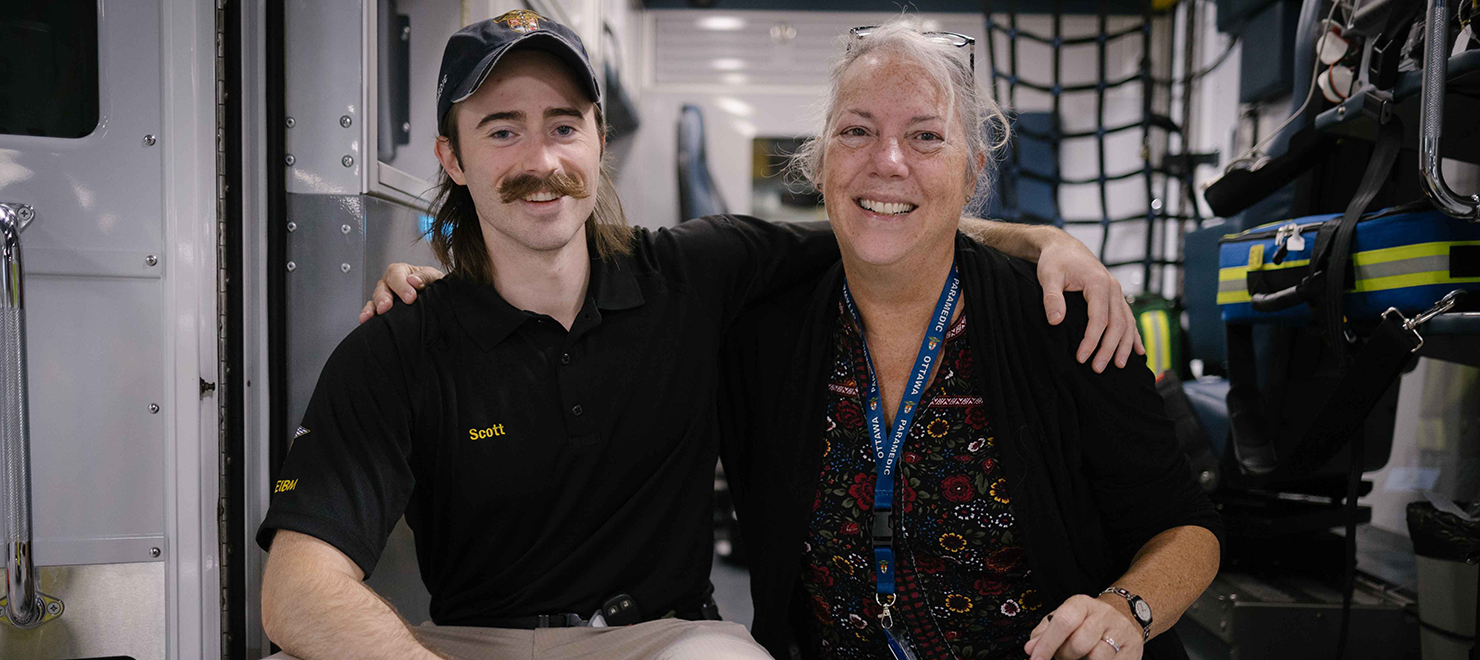
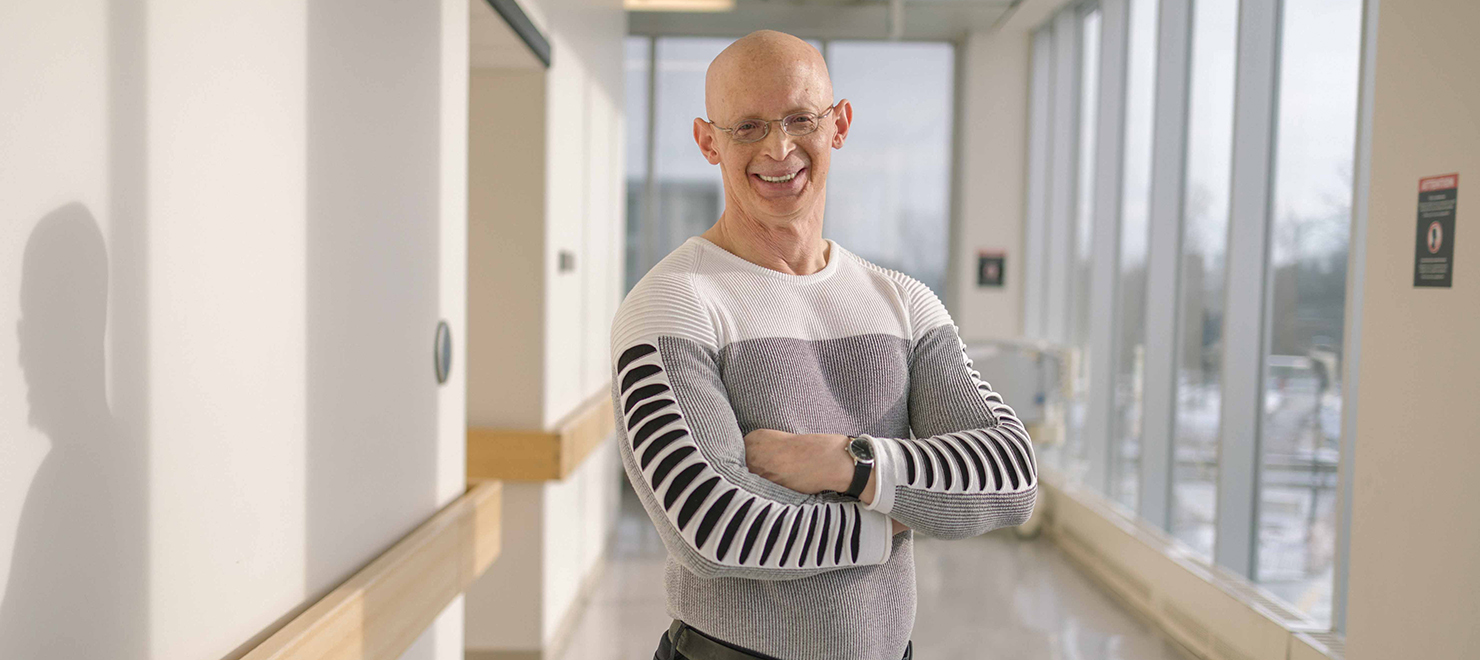



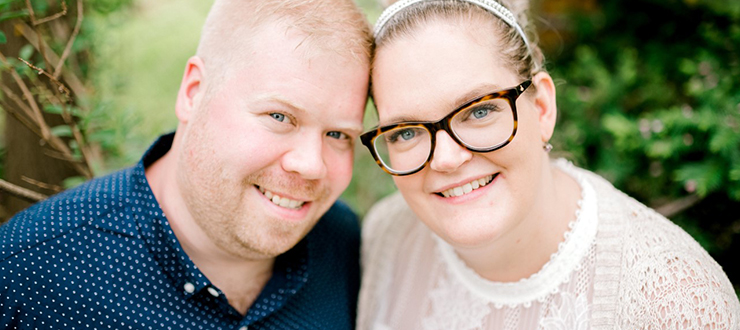
Comment on this post